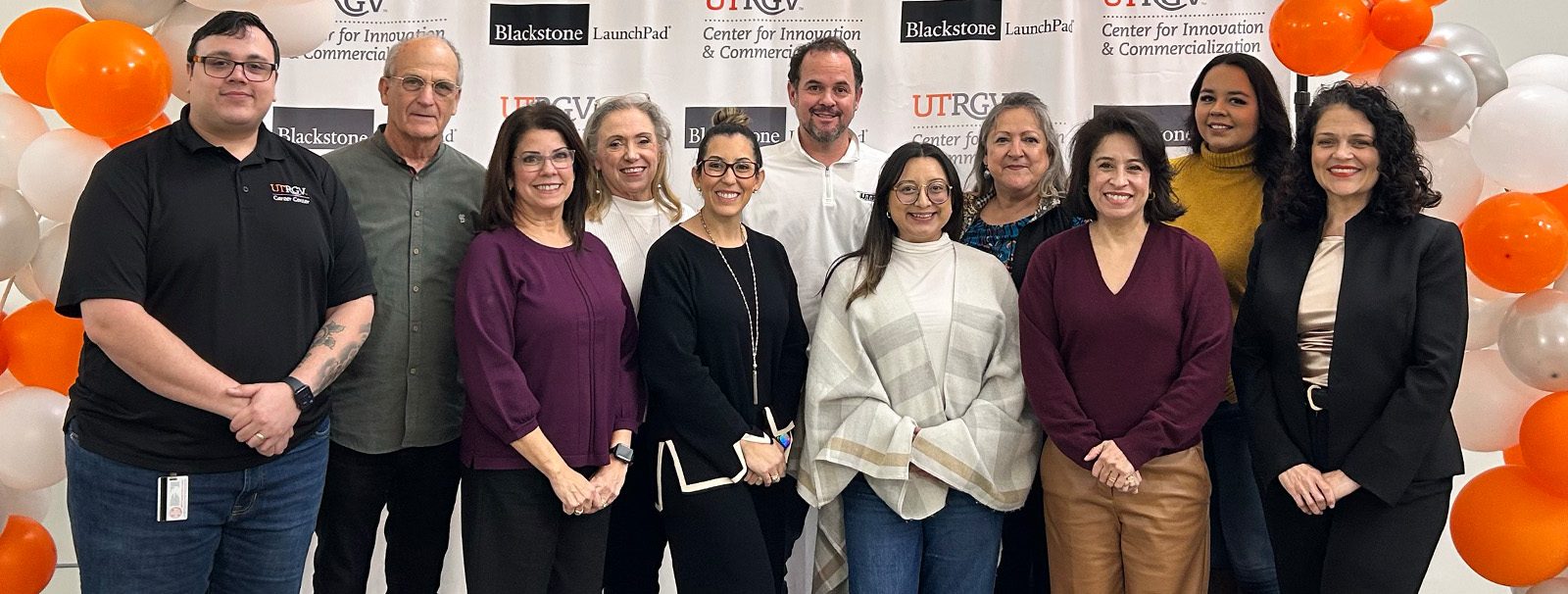
Counseling Faculty Publications
Document Type
Article
Publication Date
10-28-2024
Abstract
Abstract
Language plays a central role in building a therapeutic working alliance. Language is essential in building trust, conveying empathy, and creating shared meaning between counselors and clients. Nevertheless, language can equally harm the working alliance if used insensitively or without awareness of cultural and social differences. Sociolinguistic awareness emphasizes the interpretational nature of language and how it can unintentionally perpetuate discrimination against marginalized identities. Counselor educators can utilize sociolinguistic principles to model and teach the significance of language in counseling and its relationship to multicultural competency and cultural humility. The article highlights how clients' language may connect to their social perspective and identity expression and how language can be used by the counselor to avoid misunderstandings, microaggressions, or aggressions.
Public Significance Statement
The article has significant implications for promoting ethical and effective counseling to enhance student multicultural competency. When counselors gain sensitivity to the culturally centralized messages embedded in common phrases and expressions, unintended messages with the potential to distance clients can be minimized to improve care and strengthen the therapeutic relationship.
Recommended Citation
Haas, J., Walsh, D. D., & Marroquin, M. (2024). Enhancing cultural competence in counselor education through sociolinguistic awareness. Teaching and Supervision in Counseling, 6(3), 41– 53. https://doi.org/10.7290/tsc06vevm
Creative Commons License

This work is licensed under a Creative Commons Attribution 4.0 International License.
Publication Title
Teaching and Supervision in Counseling
DOI
https://doi.org/10.7290/tsc06vevm


Comments
Student publication. Articles published in TSC are distributed under the terms of the Creative Commons – Attribution License 4.0 International (https://creativecommons.org/licenses/by/4.0/), which permits unrestricted use, distribution, and reproduction in any medium, provided the original work is properly attributed. Authors retain the copyright to their published articles.